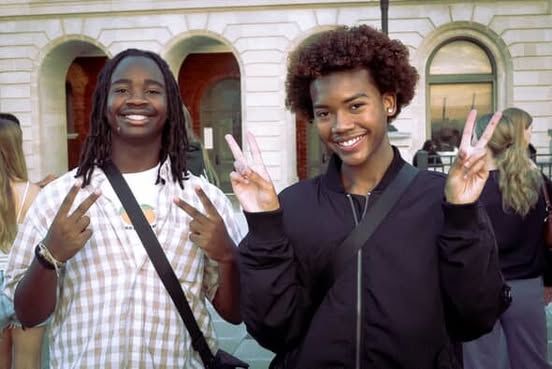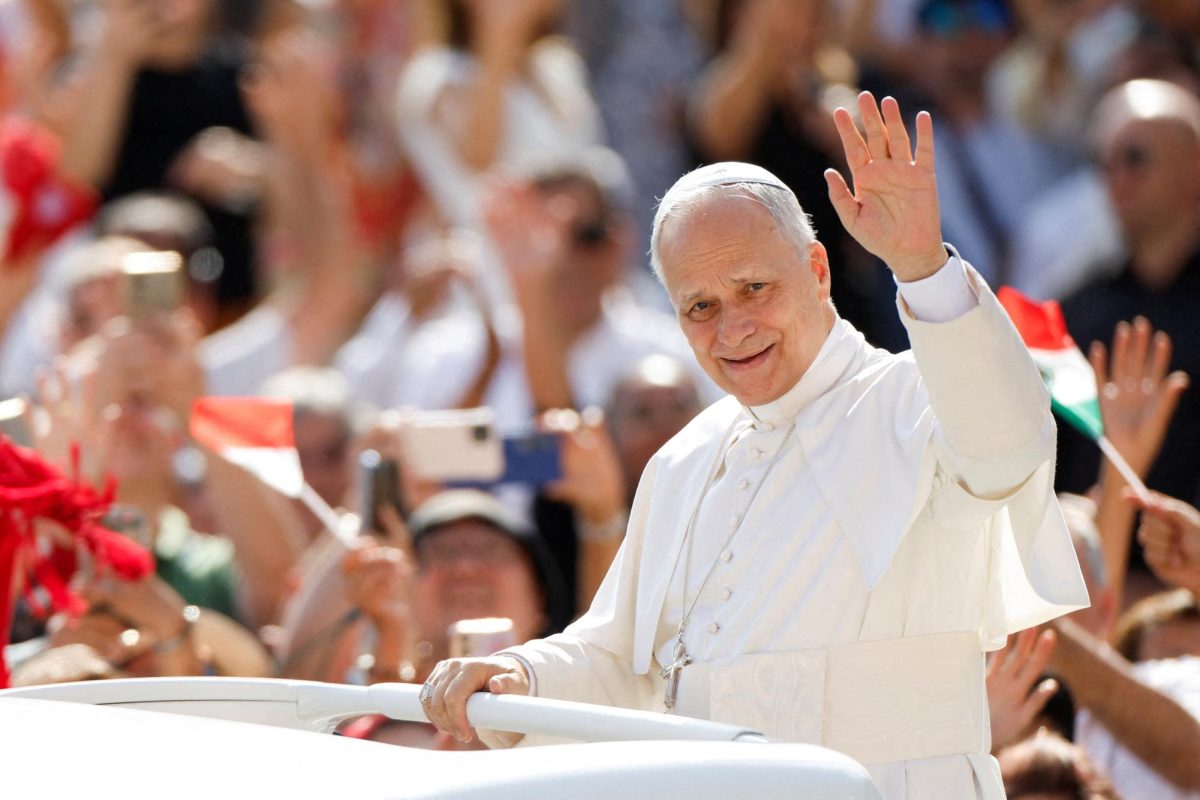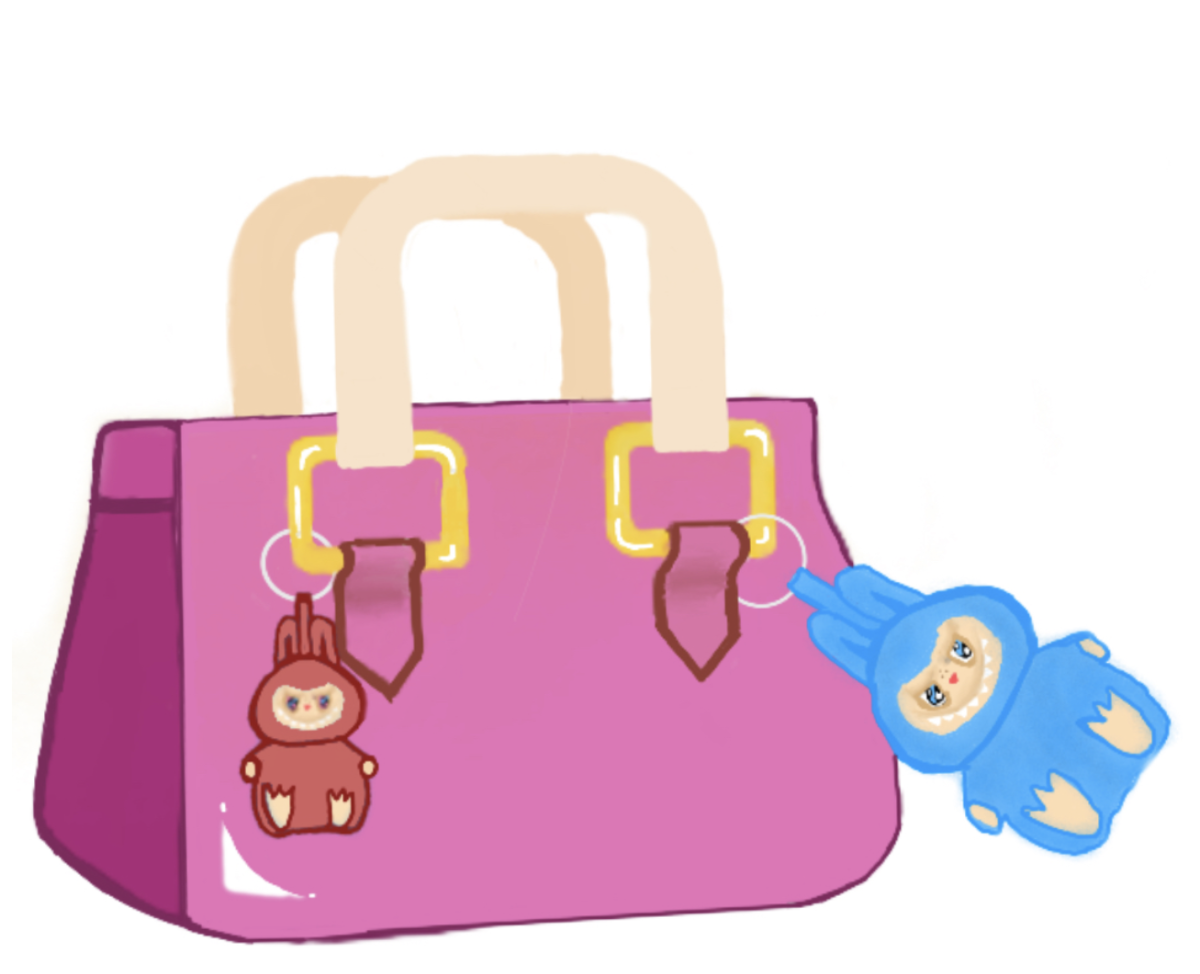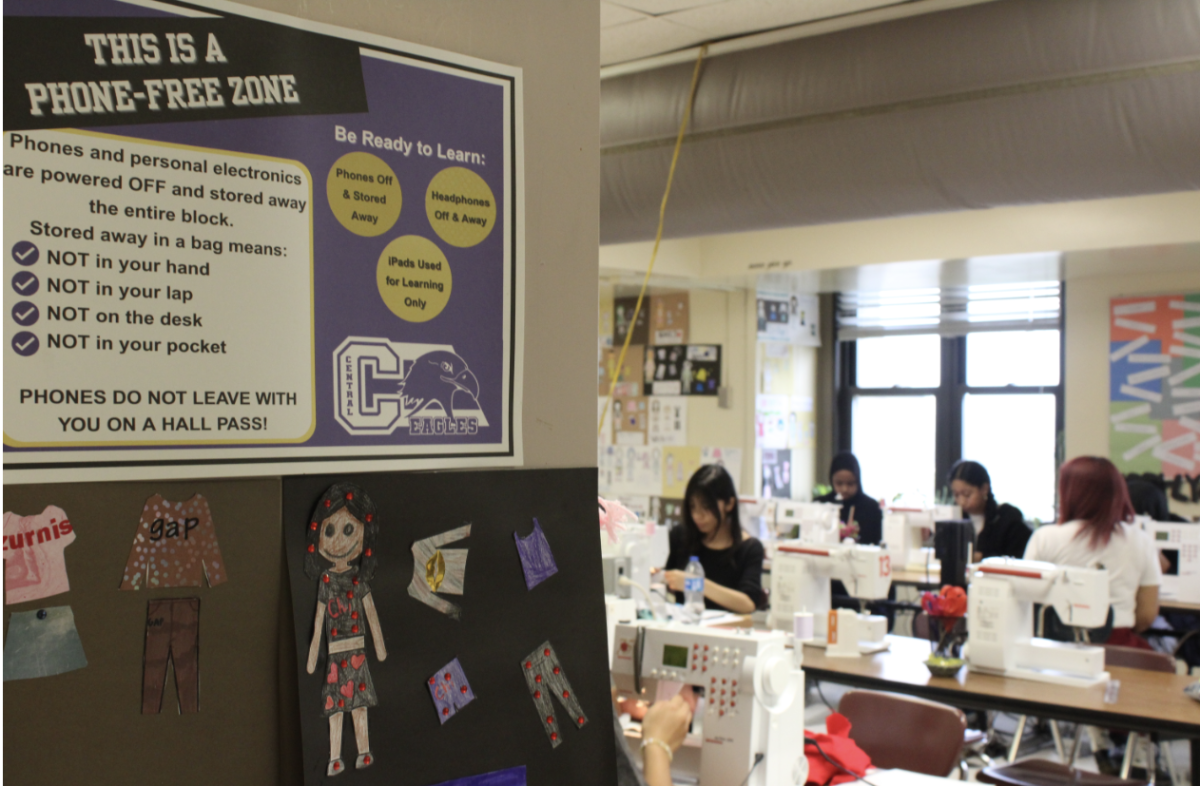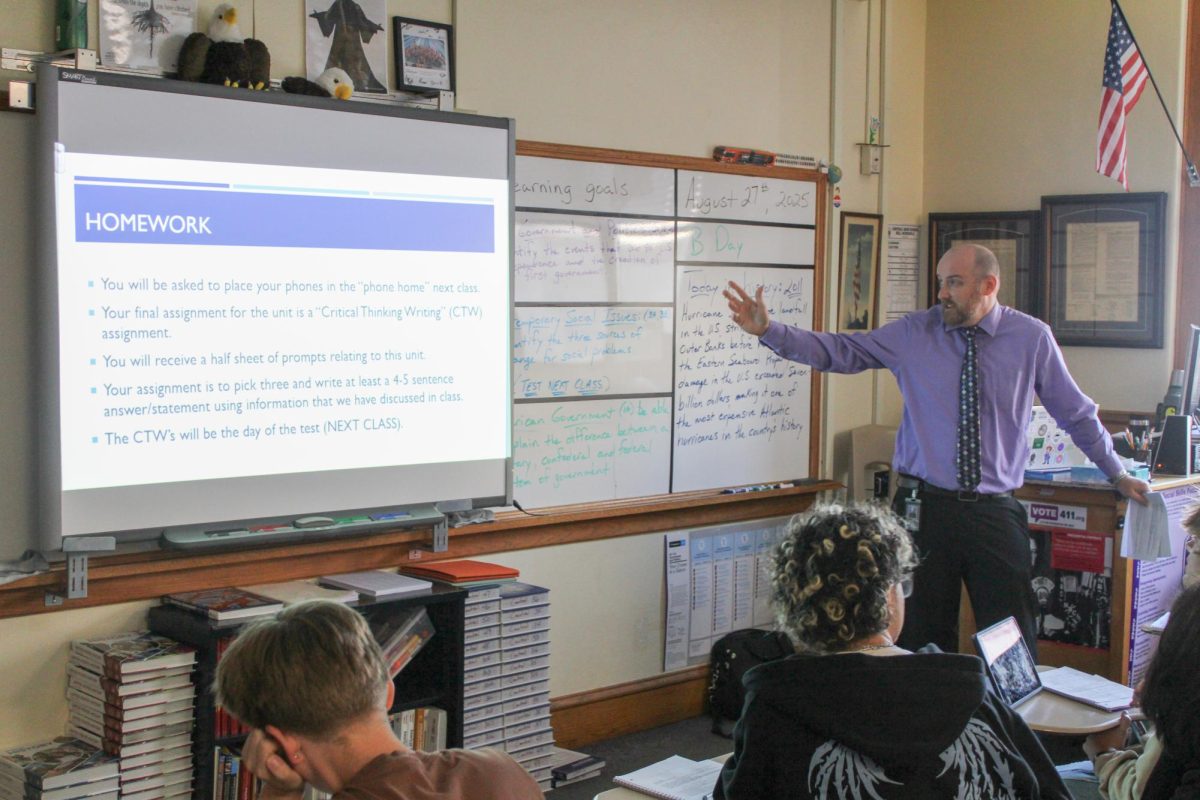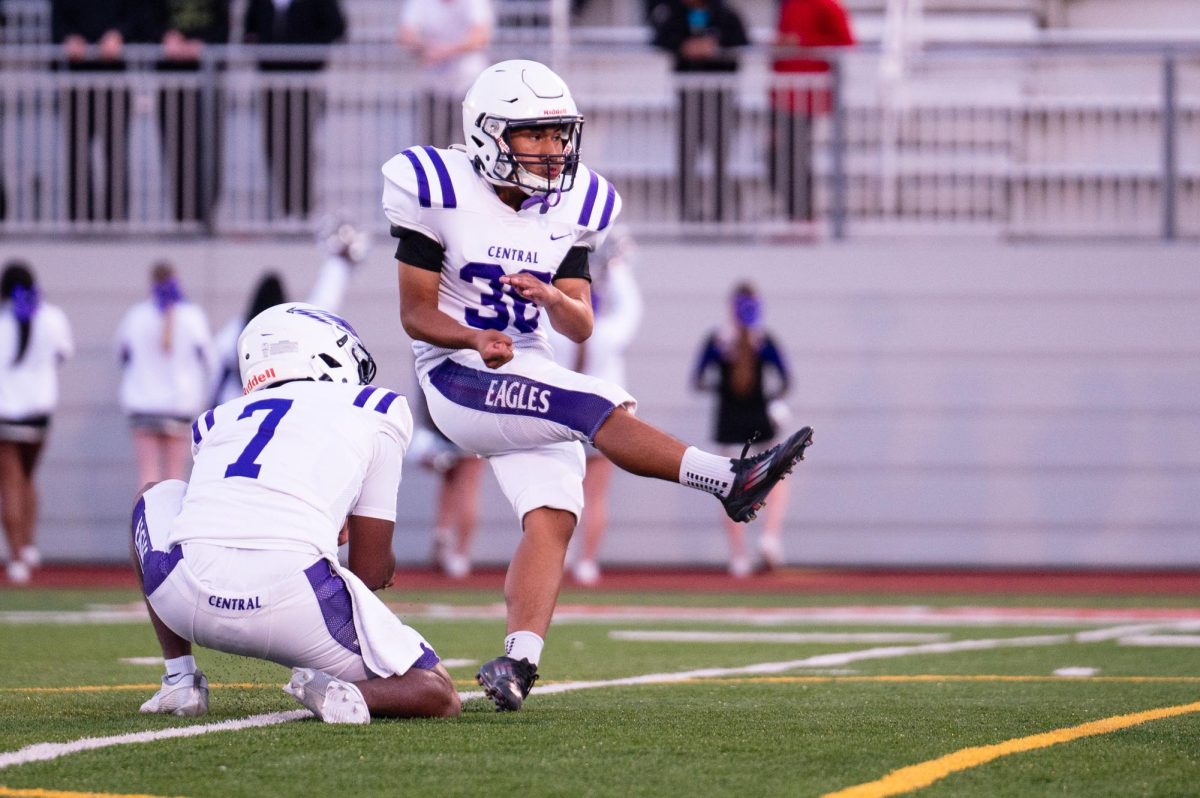Nowadays it seems that every new piece of media that comes out is met with a certain amount of backlash for being “too woke” or practicing “forced diversity.” It doesn’t matter if identity plays a large role in the narrative or not, if marginalized people are included there will be backlash in one way or another.
“Wicked”, “Assassin’s Creed”, “Spider-Man”, “Star Wars”, and a plethora of animations, superhero films, video games, musicals and remakes were all subject to the criticism that there are too many marginalized characters included.
The thing is it really doesn’t matter. If a Disney live action remake doesn’t do well, it’s likely not because of the Black lead actress, it’s probably just because we’re sick of half-baked live action cash grabs. Replacing all the actors in the “Star Wars” sequels with white men wouldn’t make the writing any less lazy. Complaints about having diversity in media have been going on for years, just without buzzwords like “DEI” or “woke” or “pandering.” A lot of this is the same thinly veiled racism we’ve seen in the past.
The claim that inclusivity is “anti-consumer” is an extremely ridiculous and self-centered notion. Many people, especially those being represented, enjoy diverse media. They are also consumers. Despite the viciousness and frequency of these complaints, diverse stories are still more effective in the long run. It reaches a larger group and makes the media more relatable.
Diversity can only be forced if it feels like an afterthought for the writers, when they feel the need to tack on one-dimensional minority characters. It is not when the stories and experiences of minorities are put at the forefront.
Telling stories that often go untold is the epitome of writing, and we should welcome it. It is high time that we start celebrating and listening to what others have to share, instead of brushing it off because we feel that we cannot relate.

